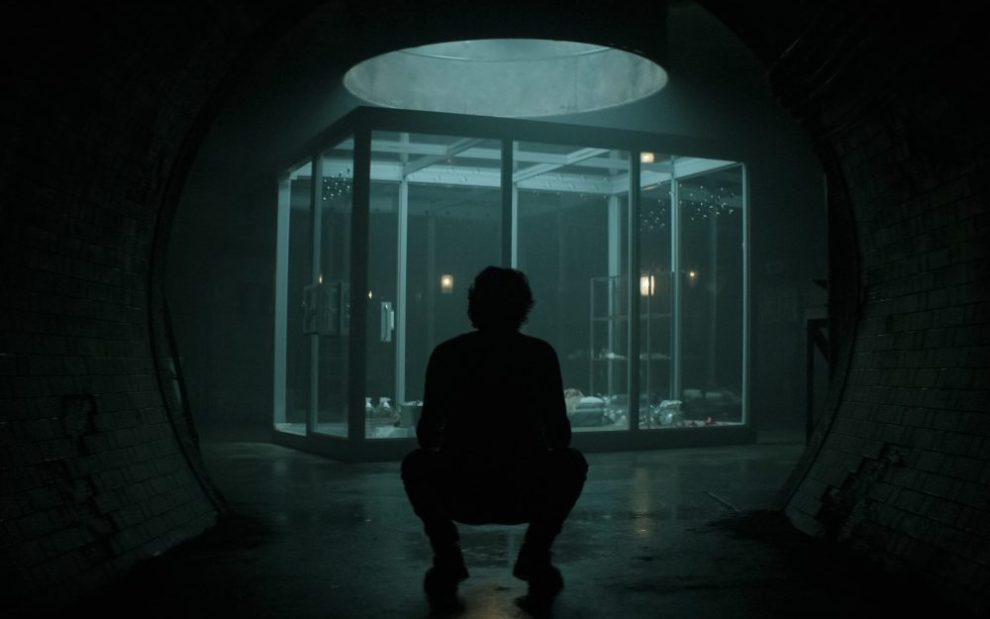You
Developed by Greg Berlanti and Sera Gamble (2018–present)
Four seasons on, thriller series You has worked out a tried-and-true formula: After barely evading justice, serial killer and hopeless “romantic” Joe Goldberg (Penn Badgley) skips town and finds a new woman to fixate on. He swears that this time will be different, then proceeds to murder everyone who stands between him and the object of his affection. His crimes pile up, his relationships unravel, and Joe miraculously makes them all disappear. Rinse, repeat.
Despite this, it’s hard not to occasionally find yourself rooting for Joe—not to get away with it, but to actually make good on his promises to be better. This is in no small part because of the way the series locks viewers into Joe’s point of view: His relentless voiceover is witty and biting, and the creepiest details of his obsession are usually kept just out of sight. From this vantage, his victims are little more than caricatures. It’s an eerie look into the psyche of an abuser—and those that enable abusers.
What You does best is elevate its insights beyond the psychological into the social. Each season finds Joe ingratiating himself into circles of wealth, power, and prestige: the New York literary scene, Hollywood royalty, Silicon Valley suburbia, and London aristocracy, each of which the series lampoons brilliantly. But it’s in season 4, when Joe arrives in London and Kate’s (Charlotte Ritchie) filthy rich friends start dying off, that You announces its message through a bullhorn: Joe isn’t the real problem. The structures surrounding him are.
That’s not to say that Joe isn’t the worst person in every room he enters. Rather, perhaps the reason he keeps getting away with it is that the privileged spaces that so eagerly welcome him create cultures where his behavior seems normal and obsession, control, and abuse can be too easily mistaken for love.
This article also appears in the May 2023 issue of U.S. Catholic (Vol. 88, No. 5, page 38). Click here to subscribe to the magazine.
Image: © 2023 Netflix, Inc.














Add comment